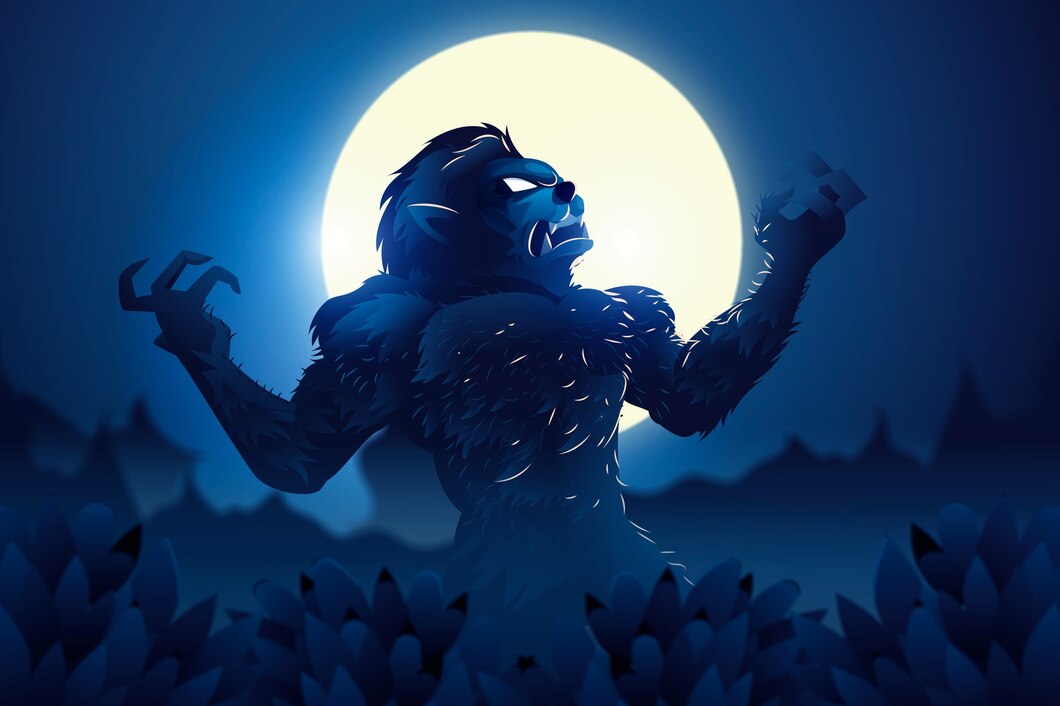J. Stanton, the enigmatic author and the mind behind Gnoll.org, captivated a loyal audience with his thoughtful perspectives on health, nutrition, and human behavior. His writing stood out, not just for its intellectual depth but for its ability to blend science, storytelling, and philosophy into a cohesive narrative that resonated with readers. Stanton’s focus was primarily on evolutionary health—how modern life misaligns with our biological heritage and the consequences it has on our physical and mental well-being.
However, despite his profound influence in niche health communities, J. Stanton has seemingly vanished from public discourse. The silence from his end has left followers questioning his whereabouts and the reasons behind his disappearance. This article dives deep into Stanton’s work, his possible motivations for stepping away, and the lasting legacy he has left behind.
Gnoll.org: A Haven for Insightful Health Discourse
Gnoll.org wasn’t your average health blog. It wasn’t about sharing quick recipes or dishing out generic advice. Instead, J. Stanton used it as a platform to challenge readers to rethink their fundamental relationship with food and health. His articles were not for the faint-hearted; they demanded intellectual engagement, encouraging readers to question long-held beliefs and societal norms.
One of Stanton’s central themes was the concept of food reward and satiety. He argued that modern diets, laden with hyper-palatable processed foods, hijack our natural hunger mechanisms, leading to overeating and chronic health issues. Unlike the simplistic “eat less, move more” rhetoric, Stanton’s work illuminated the complexity of human behavior, biology, and psychology.
His masterpiece, The Gnoll Credo, wasn’t just a book—it was a manifesto that combined evolutionary biology with a fictional narrative to explore the essence of being human. The book’s core message, “We are not broken by default,” resonated deeply with those seeking to reconnect with their primal selves in an increasingly artificial world.
Why Did J. Stanton Disappear?
J. Stanton’s sudden retreat from the public eye has sparked considerable speculation. While the exact reasons remain unknown, several plausible explanations can be considered.
Burnout from Intellectual Rigors
The kind of work Stanton produced was not easy. His content was meticulously researched, deeply analytical, and often provocative. Maintaining this level of intellectual rigor while engaging with an audience could have been exhausting. Burnout is a common challenge for thought leaders, particularly those in niche fields where they must constantly defend their ideas against mainstream skepticism.
A Desire for Privacy
Stanton was never one to seek the limelight. Unlike many influencers who thrive on visibility, he appeared more interested in fostering meaningful conversations than in building a personal brand. It’s possible that he chose to step back deliberately, valuing his privacy over public attention.
Disillusionment with the Health Movement
The commercialization of the health and wellness industry could also have played a role. As paleo and primal diets became mainstream, they were often diluted into marketable trends, far removed from the authentic principles Stanton advocated. This shift might have left him feeling disconnected or disillusioned with the direction the movement was taking.
Shifting Priorities or Personal Challenges
Like anyone, Stanton’s priorities and life circumstances may have changed. Whether it’s a new professional endeavor, a personal crisis, or a need to focus on self-growth, his withdrawal could simply reflect the natural evolution of his journey.
The Legacy of J. Stanton
Despite his absence, the impact of J. Stanton’s work endures. His ideas remain deeply ingrained in discussions about nutrition, health, and human behavior. Gnoll.org continues to serve as a treasure trove of wisdom for those seeking an alternative perspective on health.
Revolutionizing Perspectives on Food and Hunger
Stanton’s exploration of food reward and satiety challenged traditional views on dieting. He encouraged readers to move beyond calorie counting and instead focus on understanding the signals their bodies send about hunger and satisfaction. This approach has influenced countless individuals and even shaped ongoing research into obesity and metabolic health.
Inspiring Critical Thinking
Perhaps Stanton’s most significant contribution was his ability to make readers think critically. He didn’t just provide answers; he posed questions that forced people to reevaluate their assumptions about health, society, and their own lives. This legacy of intellectual curiosity continues to inspire those who come across his work.
The Timelessness of His Message
Though the paleo movement has evolved over the years, Stanton’s core messages remain as relevant as ever. In a world grappling with rising rates of obesity, chronic illness, and mental health challenges, his insights into the mismatch between human biology and modern environments provide a roadmap for better living.
The Search for Answers
For those still seeking to understand what happened to J. Stanton, the search may be as much about his ideas as about the man himself. His absence leaves a void, but it also underscores the importance of carrying forward his principles.
Readers can revisit his writings, share his insights, and apply his lessons to their own lives. By doing so, they keep the spirit of his work alive, even in his absence. In many ways, the greatest tribute to Stanton’s legacy is to live by the truths he uncovered and to continue questioning, learning, and growing.
Conclusion
J. Stanton’s disappearance from the public sphere remains a mystery, but his influence persists. Through his writings, Stanton challenged us to confront uncomfortable truths about ourselves and our world. His work wasn’t just about health—it was about reclaiming our humanity in an increasingly disconnected age.
Whether or not Stanton ever returns, his contributions have left an indelible mark on those who encountered them. His ideas live on, reminding us that the journey to understanding ourselves is as much about asking questions as it is about finding answers.



